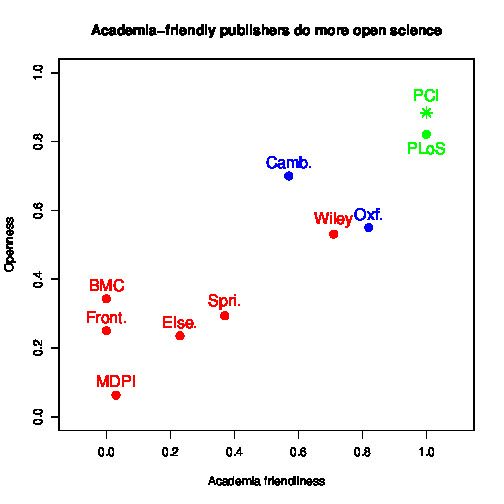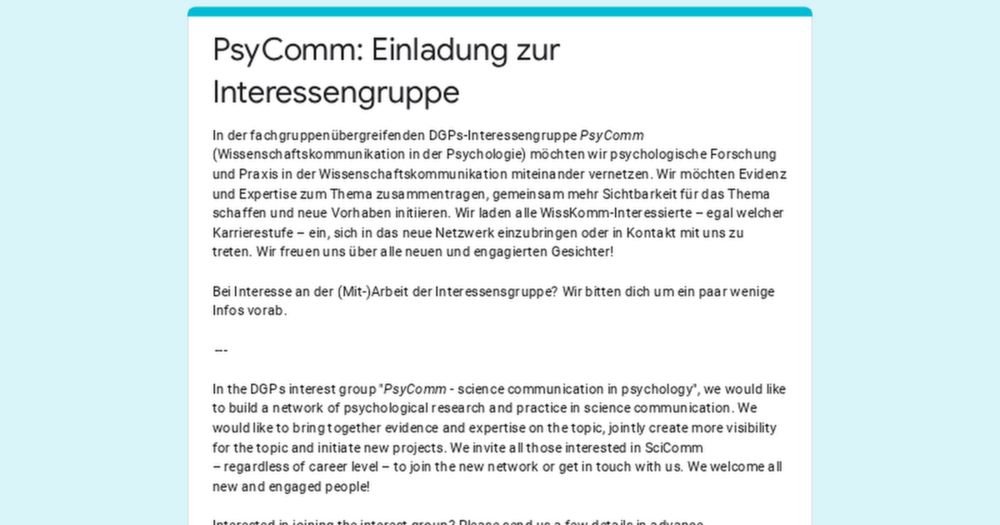Fabian Hutmacher
@fabianhutmacher.bsky.social
270 followers
350 following
26 posts
Lecturer in Psychology of Communication and New Media, University of Würzburg. Interested in #DigitalMedia, #Misinformation, #MotivatedReasoning, #AutobiographicalMemory, #MetaScience & More. Desperately trying to learn Hungarian.
Posts
Media
Videos
Starter Packs
Reposted by Fabian Hutmacher
Reposted by Fabian Hutmacher
Reposted by Fabian Hutmacher
Reposted by Fabian Hutmacher
Reposted by Fabian Hutmacher
Tobias Dienlin
@tobiasdienlin.com
· Aug 20

Global Analysis of Perceived Social Media Effects on Well-Being | Cyberpsychology, Behavior, and Social Networking
What impact do people think social media has on their well-being? To answer this question, we adopted a global perspective, analyzing 7.1 million observations from 191,672 users across 182 countries. ...
www.liebertpub.com
Reposted by Fabian Hutmacher
Lena Hahn
@lenahahn.bsky.social
· Aug 18

A Cross-Sectional Study of the Completeness of Preregistrations by Psychological Authors From German-Speaking Institutions - Lena Hahn, Andreas Glöckner, Mario Gollwitzer, Jens Hellmann, Jens Lange, S...
Preregistering confirmatory research aims at reducing researchers’ degrees of freedom and increasing transparency to ultimately increase replicability. Yet the ...
doi.org
Reposted by Fabian Hutmacher
Klaus Pforr
@klauspforr.bsky.social
· Aug 15

Six Fallacies in Substituting Large Language Models for Human Participants - Zhicheng Lin, 2025
Can artificial-intelligence (AI) systems, such as large language models (LLMs), replace human participants in behavioral and psychological research? Here, I cri...
journals.sagepub.com
Reposted by Fabian Hutmacher
Reposted by Fabian Hutmacher
Berna Devezer
@devezer.bsky.social
· Aug 3

















